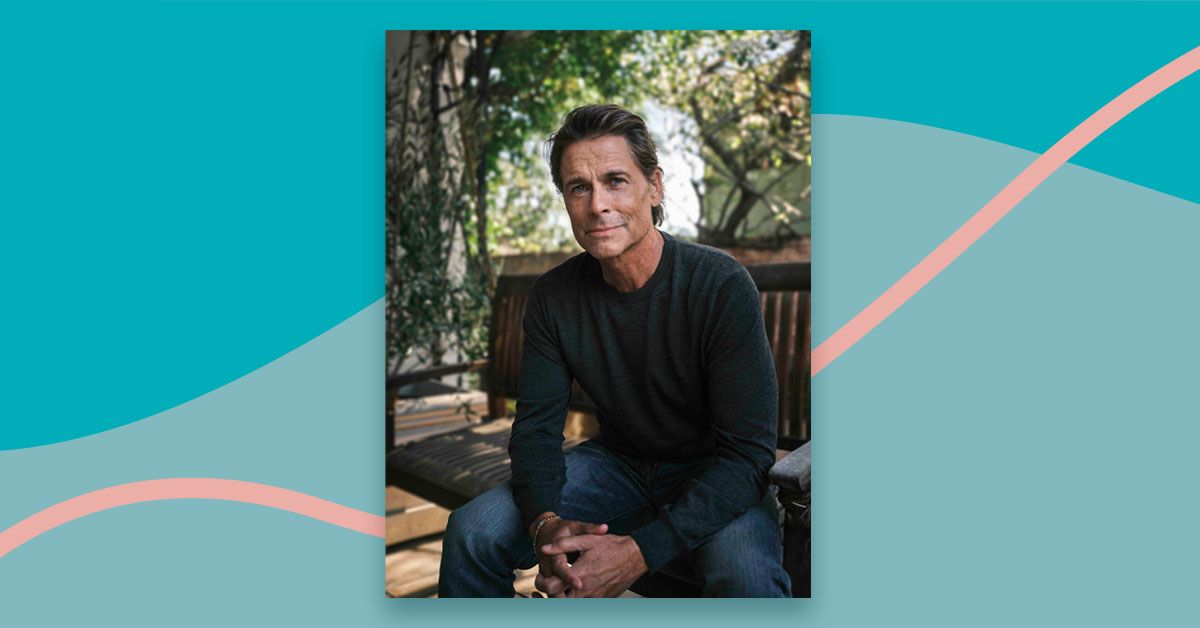Caribbean Matters is a weekly series from Daily Kos. Hope you’ll join us here every Saturday. If you are unfamiliar with the region, check out Caribbean Matters: Getting to know the countries of the Caribbean.
While folks on the U.S. mainland are reeling from the impact of deranged oval office mandates, executive orders, and policies, Puerto Rico is also hurting at the hands of President Donald Trump.
We addressed Trump’s “English only” executive order two weeks ago, so now let’s review some of the other damage caused by Trump—and the responses from Puerto Ricans.
Poet and journalist Lola Rosario wrote an opinion piece for Prism in which she appropriately dubs the White House occupant “Hurricane Trump,” given the harm he has caused to Puerto Rico—both past and present.
Thirteen days after Hurricane María ravaged our tiny archipelago Puerto Rico, a different kind of disaster made landfall: Donald Trump. At a San Juan church on Oct. 3, 2017, the president, then in his first term, tossed paper towels to a cheering crowd of fanatics. It was like a scene out of a bad comedy, except there was nothing funny about the deadly aftermath of the infamous Category 4 storm.
While Trump certainly has his fans, the mere mention of his name in Puerto Rico is largely met with deep resentment. There has been a long line of offenses: the infamous 2017 visit, his opposition in 2019 to a disaster-aid proposal, the October 2024 MAGA rally when comedian Tony Hinchcliffe referred to our Caribbean jewel as a “floating island of garbage,” and of course there was Trump’s recent absurd idea to sell Puerto Rico via a swap purchase of Greenland.
Clearly, we have more than ample reason to be concerned about Trump’s second presidency.
Similarly, Vanessa Colón Almenas reported on the impact of Trump’s attacks on the Federal Emergency Management Agency for Centro de Periodismo Investigativo, or the Center for Investigative Journalism.
After a $1 billion cut to one of the main federally funded mitigation programs — designed to help communities tackle climate change — Puerto Rico is losing significant grants. For the past four days, Governor Jenniffer González’s administration has remained silent on the matter.
In a four-paragraph press release, FEMA announced the termination of the Building Resilient Infrastructure and Communities (BRIC) grant program and the cancellation of all applications from fiscal years 2020 to 2023 submitted by states and territories.
The Puerto Rico Agricultural Extension Service had proposed educating communities affected by landslides in the Río Grande de Añasco watershed. Through workshops on soil stabilization using natural resources, the initiative aimed to impact communities in Añasco, Las Marías, Adjuntas, Maricao, and other towns in the area. The grant was nearly $1.6 million but had not been approved.
Here, the Daily Climate summed up CPI’s reporting:
In short:
Trump administration policies are cutting climate and health research funding across Puerto Rico, particularly affecting federal grants from NASA, NOAA, NIH, and USDA.
Researchers report they are being pressured to omit terms like “climate change” and “diversity” from proposals to avoid rejection, which they say leads to censorship and self-censorship.
At risk are studies on coastal erosion, renewable energy, heat impacts on schools, and the links between climate and disease, all crucial in a region increasingly affected by hurricanes and sea level rise.
Grist also responded to the CPI report, pointing to all of the ways that Puerto Rico’s environment is in harm’s way as a direct result of Trump’s actions.
Research on sea level rise, coastal erosion, coral bleaching, renewable energy, heatwaves, climate-related diseases like dengue, and extreme weather events like hurricanes is at risk under Trump’s climate policies, which have withdrawn the United States from the Paris Agreement and international climate financing plans. Studies examining the climate’s influence on cancer rates in Puerto Rico are also jeopardized.
Puerto Rico ranks sixth among the countries most affected by the climate crisis, according to the latest Climate Risk Index published by the international organization Germanwatch. This index measures the impact of extreme weather, climate, and hydrological events on people and the economy.
So what is to be done?
Community groups like Casa Pueblo are forging a path forward with renewables:
And in the aftermath of the recent island-wide blackout, political anthropologist Yarimar Bonilla wrote an op-ed for The New York Times arguing for Puerto Rico’s independence.
The latest islandwide blackout is not just a technical failure; it is the most recent sign that Puerto Rico’s colonial bargain has collapsed. For over half a century, its commonwealth status — under U.S. federal control but lacking full political rights — was justified by promises of security, stability and the material comforts of modern life.
But through storms and earthquakes, bankruptcy and blackouts, displacement and austerity, that promise has steadily unraveled. Each flicker of the failing power grid reveals a deeper truth: the waning promise of American empire, the hollow performance of local politicians and the growing conviction that Puerto Ricans must — and will — forge a different path.
For decades, Puerto Ricans seeking independence from the United States were warned that without its protection, the island would descend into chaos or dictatorship. But as the nation flirts with authoritarianism — detaining international students for expressing dissent, imprisoning migrants abroad without due process and warning that homegrowns (citizens) could be next — U.S. citizenship begins to feel less like a shield. The fear of becoming like Cuba might just be canceled out by the fear of becoming like Florida.
Bonilla is also the co-author of “Aftershocks of Disaster: Puerto Rico Before and After the Storm” with Professor Marisol LeBrón:
She also made the short documentary “Aftermath of Disaster” with Juan Carlos Dávila, and it’s available to stream for free.
Thank you for joining me for the weekly roundup of Caribbean news. I hope to see you in the comments section below to discuss more about the issues facing Puerto Rico.
Campaign Action









